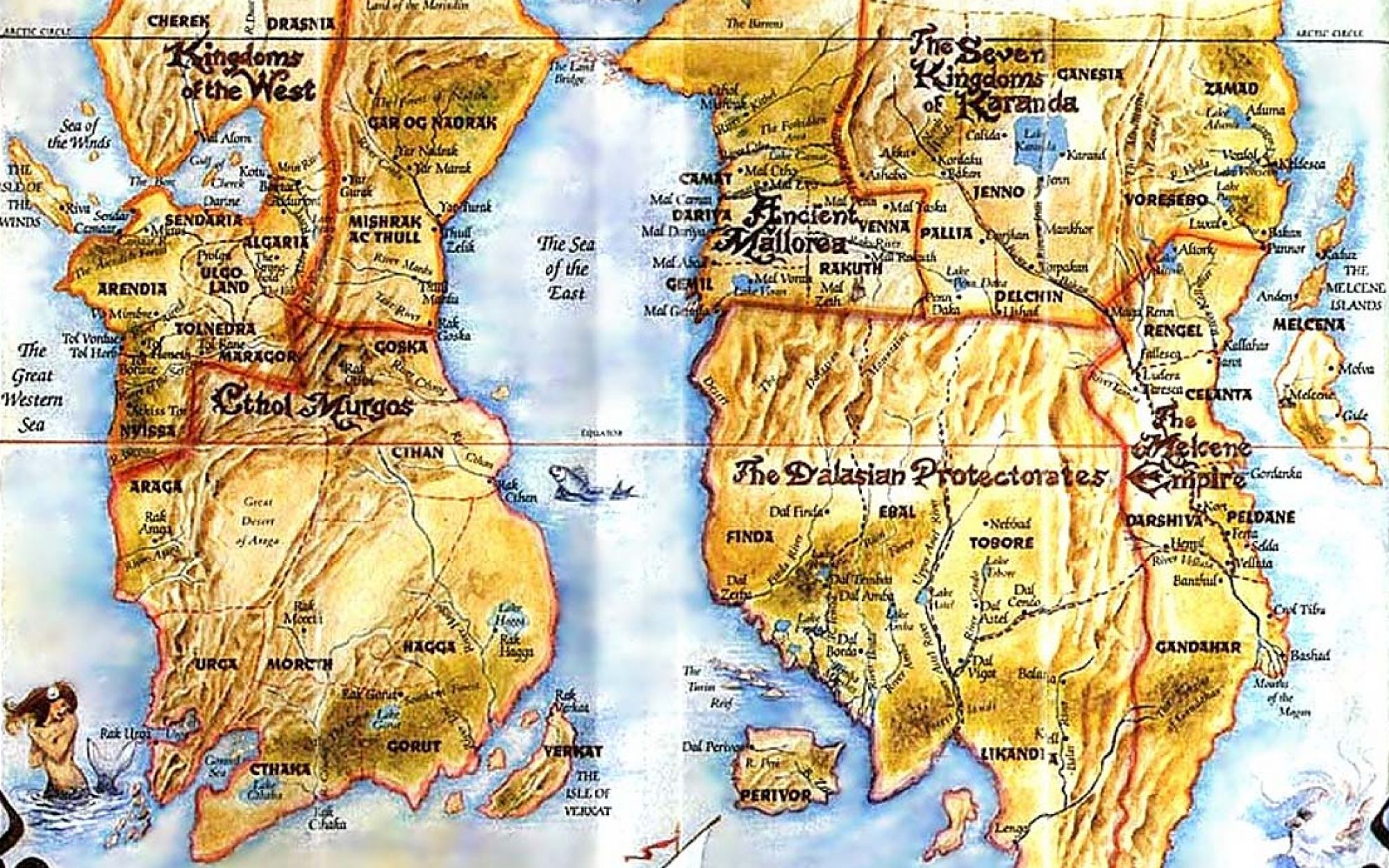Stock markets in Asia fell while safe-haven assets such as U.S. Treasurys, the yen and the Swiss franc rose sharply after Israel launched a retaliatory strike against Iran early Friday.
Shares of Taiwan Semiconductor Manufacturing fell sharply as investors’ worries about the chip maker’s cautious outlook for the industry eclipsed its upbeat first-quarter financial results.
A U.S.-backed railway connecting Angola to the Democratic Republic of Congo is part of a pushback against China’s Belt and Road initiative in Africa. The $1.7 billion Lobito Corridor project aims to secure vital mineral supply chains.
BBC Persian sent footage of 'Isfahan explosions'
The star's 11th album is much more than a break-up record, and may even mark the end of an Era.
A senior Iranian official warned that Iran could work on building nuclear weapons if Israel attacks its nuclear facilities, a new escalation in threats by the two sides.
What’s News: Business & Finance
Israel retaliated against Iran’s massive drone and missile attack on its territory, a move that threatens to send the countries deeper into an escalatory spiral that could lead to war.
U.S. stocks ended mixed, with the S&P 500 and Nasdaq falling 0.2% and 0.5%, respectively, and the Dow eking out a gain of less than 0.1%. Treasury yields rose.
Apple removed WhatsApp and Threads from its app store in China, saying it was ordered to by the government, as Beijing tightens internet controls.
